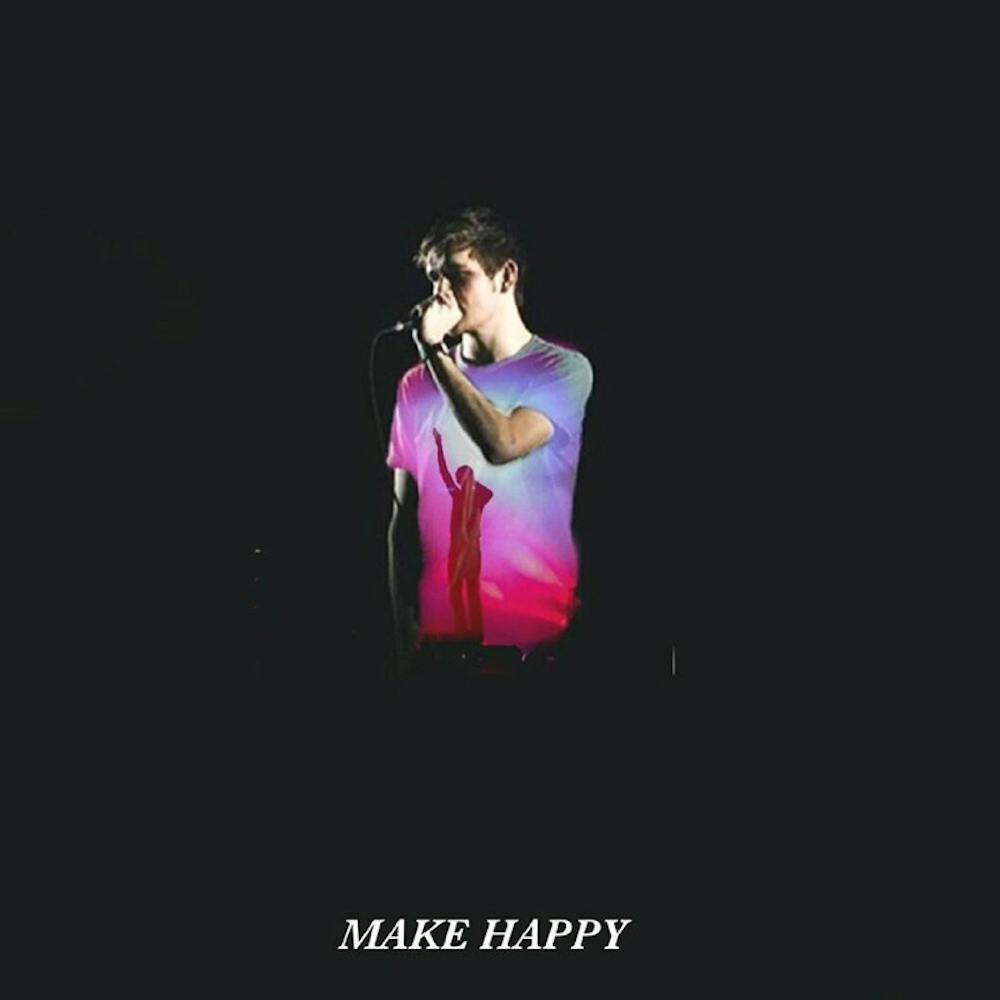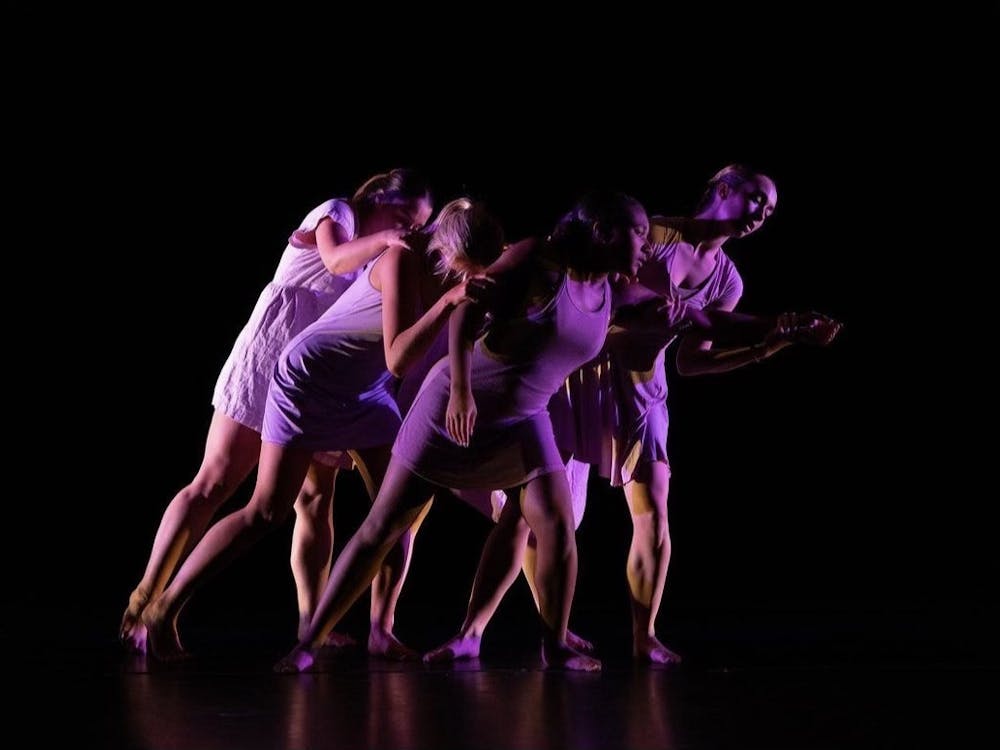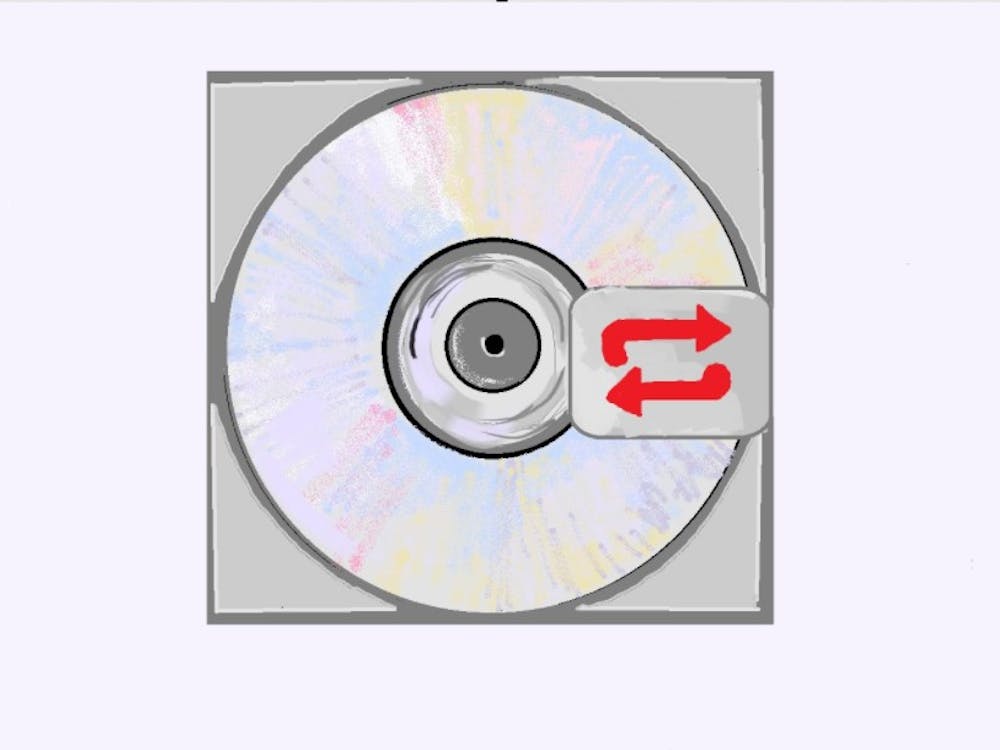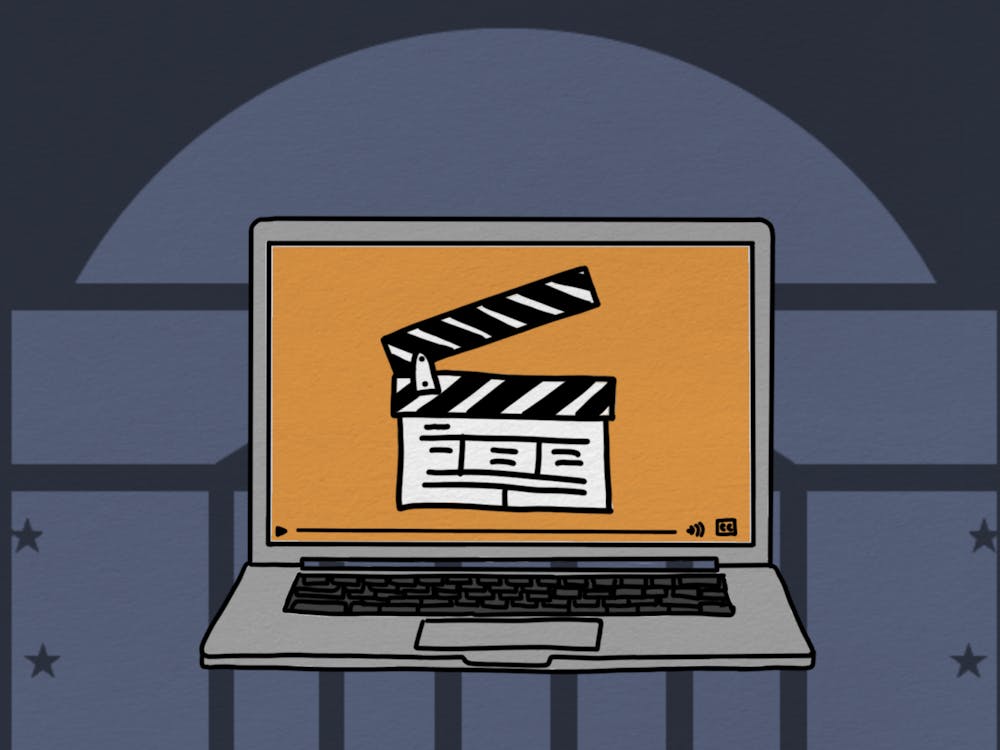Comedian Bo Burnham wakes up in a hotel room, walks over to the window and stares out over the gray world, his face somber and covered in clown makeup. He makes a deliberately dramatic journey over to the venue he is performing at while a robotic female voice explains to the audience that there is nothing funny about the modern world.
This cold open sets the tone for the rest of the show: a performance designed to make the audience laugh, scratch their heads in confusion and sort out whether they feel pity or empathetic towards Burnham.
“Make Happy,” Burnham’s latest comedy special, goes after the facade and grandeur of the modern entertainment industry, while placing Burnham at the center of it. Throughout the show, he provides socially conscious material and carefully skirts around criticisms of being politically correct through making jokes. For instance, one such joke is about what it is like to eat a peanut butter and jelly sandwich while high on marijuana.
Even further, in an opening monologue titled “Straight White Man,” Burnham addresses minority communities in his typical musical medium, and satirically compares the trials and tribulations of having privilege to being marginalized.
“We used to have all the money and land, and we still do but it’s not as fun now,” Burnham laments, sniffling excessively.
Such caricatures of social issues are nothing new for Burnham, as he began his career with YouTube music videos chock-full of shock humor.
In “Make Happy,” however, a level of sincerity and urgency are present, as the comedian pleads with the audience to care about these social issues beyond the night of laughs.
With quotes like “I’m in the service industry. I’m just overpaid,” the audience understands what makes “Make Happy” so intelligent is Burnham’s vulnerability and awareness as a comedian to transcend the norms of comedic humor many audiences expect to see. Instead, Burnham asks the audience to care, and he pleads with them to see beyond the guise of glamour and to connect with his words.
“I had a privileged life and I got lucky and I’m still unhappy,” Burnham acknowledges at the end of the special, kneeling on the stage with the house lights on so that he can make eye contact with the audience.
Burnham wants to make people laugh. However, what he wants even more is a world in which someone who has been co-opted into a manufactured, disingenuous profession can break free and simply be a voice. Burnham wants to be heard, but only if he earns it. There is no doubt “Make Happy” accomplishes just that.
“Make Happy” premiered on June 3, and is available for streaming on Netflix.





